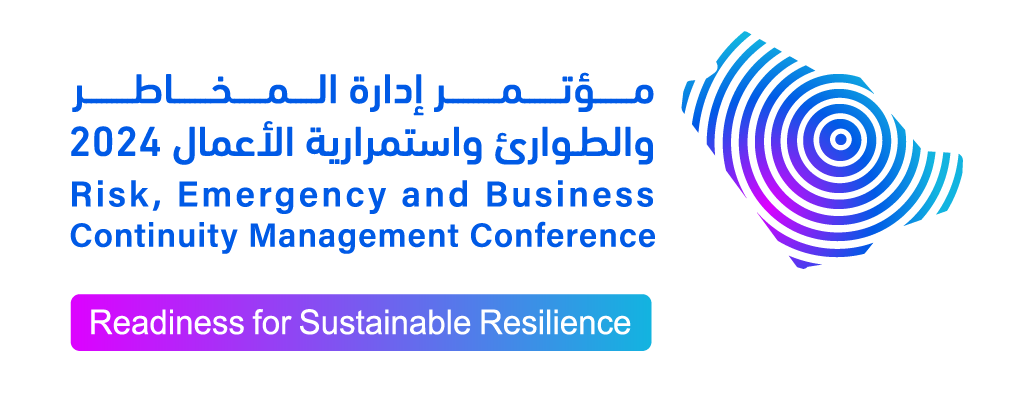An Overview of the Conference
The Conference will specifically discuss the importance of preparing and planning for business continuity management and supply chain resilience in a way which enhances readiness, particularly in light of the challenges that face the world such as geopolitical tensions, climatic change and its impacts, economic instabilities and imbalances and the range of global conflicts and crises. These clearly need to be reflected in work on business continuity and worldwide supply chains resilience so that entities sustain their ability to provide their services and products to beneficiaries, especially those who depend on them. Additionally, the Conference will emphasize the value of simulation processes and systems, and field exercise activities, which are an essential focus for training, and for testing plans in order to verify the sufficiency and efficiency of resources, capacities and capabilities, as part of a discipline of learning and continuous improvement.
The Conference will also discuss ways in which the benefit of technologies can be maximized generally, with a particular focus on emerging technologies and artificial intelligence. These technologies will be examined to assess their contribution to business continuity management and supply chains, especially in supporting and enabling the anticipation and assessment of risk, and in mapping supply chains, especially in identifying their nodes and links. Discussions will bring together an elite group of the most prominent decision-makers, experts, leaders from national, regional, and global agencies and institutions, and other relevant sectors, as well as a number of researchers, academics and stakeholders in this field, to shed light through strategic dialogue on the best methodologies, practices, and experiences – and hence potential solutions - that have contributed to enhancing preparedness for managing disruptions in business operations and supply chains.












